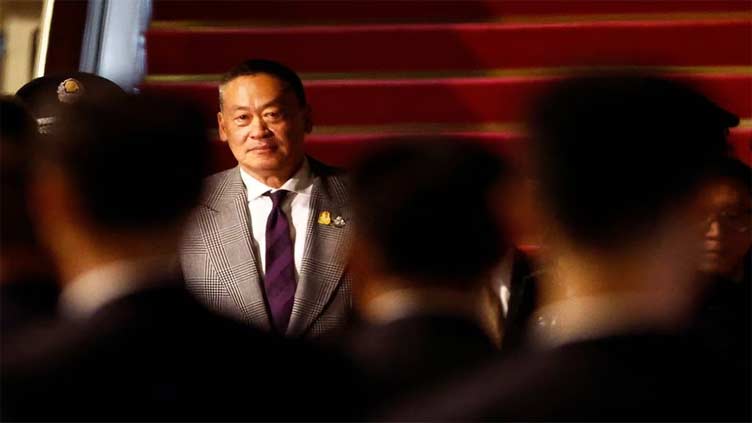Business
Thailand still bullish on Chinese investments as new PM heads to Beijing
Thailand has managed to retain its attraction as a vital investment hub

Business
A sigh of relief as inflation at lowest ebb of 17.3pc in two years
A sigh of relief as inflation at lowest ebb of 17.3pc in two years
Business
Czech central bank cuts a key interest rate again with inflation down and the economy on the mend
Czech central bank cuts a key interest rate again with inflation down and the economy on the mend
Business
Neelum Jhelum Power Plant shutdown for physical inspection of head race tunnel
Neelum Jhelum Power Plant shutdown for physical inspection of head race tunnel
-

 Sports3 months ago
Sports3 months agoSon and Bissouma ready for Spurs game with Brighton
-

 Fashion2 months ago
Fashion2 months agoGiorgio Armani catwalk blooms with florals at Milan Fashion Week
-

 Sports3 months ago
Sports3 months agoSinisterra signs long-term deal with Bournemouth
-

 pakistan3 months ago
pakistan3 months agoECP convenes emergency meeting today
-

 pakistan3 months ago
pakistan3 months agoECP rejects Salman Akram’s plea for PTI affiliation
-

 World2 months ago
World2 months agoTaiwan ally Tuvalu names Feleti Teo as new prime minister
-

 World2 months ago
World2 months agoTunisia court sentences ex-president Marzouki to 8 years in absentia
-

 Sports2 months ago
Sports2 months agoScaled-back opening ceremony for Paris Olympics to offer 326,000 tickets





















